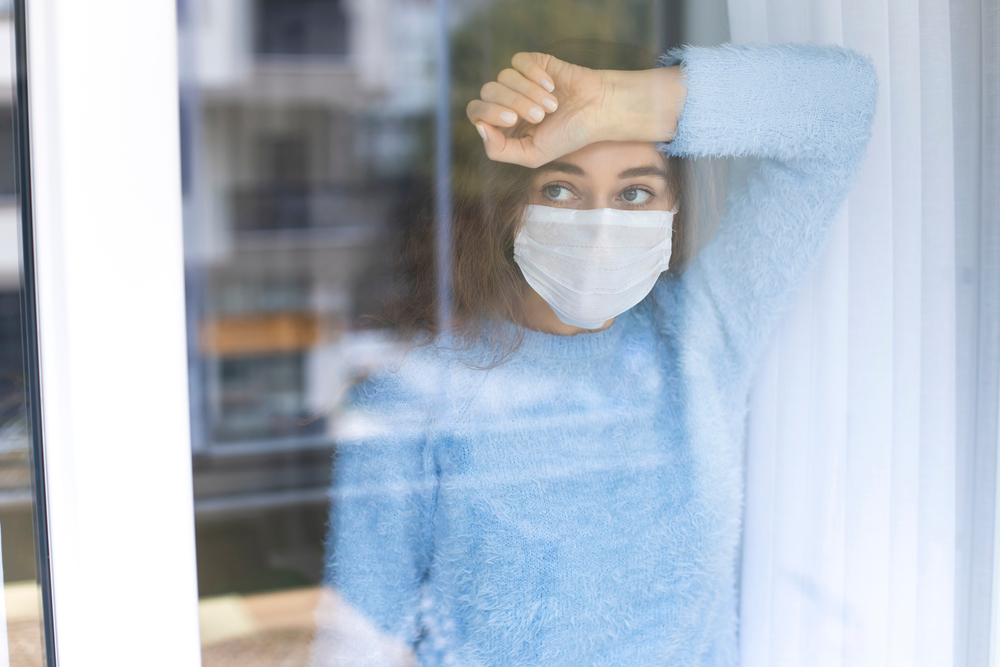New research shows that the COVID-19 pandemic has had a detrimental effect on the mental health of young Irish adults.
Growing Up in Ireland COVID-19 survey has been published by the ESRI and produced in partnership with the Department of Children, Equality, Disability, Integration and Youth (DCEDIY).
Poor mental health
Carried out in December 2020 and released this June, the findings show that 40% of 22-year-old men and over 50% of 22-year-old women were classified as depressed.
Reasons given were down to the disruption to young adults’ employment, education and social, sports and cultural activities during the pandemic.
Education
The shift to remote learning seriously affected half of those in education who did not have access to adequate broadband and a quiet place to study. Over half found it difficult to study while learning remotely. All factors which were linked to a greater risk of depression.
Employment
Over half of those working lost their job as a result of the pandemic. Losing a full-time job was linked to poorer mental health, especially for young men.
Social Activities
Young adults reported very significant changes to their social activities during the pandemic. Over 80% had less face-to-face contact with their friends than before the pandemic, even though restrictions on such contact had begun to ease at the time of the survey. Reduced contact with friends was linked to increased depression for young women.
Sports and Cultural Activities
Of those who were engaged in sports and cultural activities prior to the pandemic, the majority reported spending less time on these activities during the pandemic. Spending less time on sport and less time outdoors during the pandemic were linked to higher depression rates among men.
You can read the full report here.
COVID-19’s Affect on Young Adults’ Mental Health
Emer Smyth, one of the report’s authors, said: ‘These findings show the stark impact of the pandemic on young adults’ mental health. They experienced massive disruption to their education, employment and day-to-day lives and their rates of depression increased as a result. The study shows the importance of providing adequate mental health supports for young adults as a matter of urgency.’
Anne Nolan, one of the report’s authors, said: ‘Overall, alcohol consumption levels during the pandemic declined among young adults but the small group who increased their consumption had poorer mental health. For women, eating more junk food/sweets was also associated with an increased risk of depression. The findings therefore highlight the potential for broader health promotion initiatives (in relation to diet, physical activity, smoking and drinking) to have positive spillovers on mental health and wellbeing’.
Launching the report, the Minister for Children, Equality, Disability, Integration and Youth, Dr Roderic O’Gorman, T.D., said: “During the pandemic, young people missed out on a lot of the normal rites of passages, social interactions and transitions that would normally mark their early twenties and this report clearly shows the cost of this disruption to their mental health and wellbeing. The findings in the report will continue to inform policy and services across Government, aimed at improving the life of young adults. In my Department, the pandemic brought into sharp focus the important role that youth work plays in supporting young people and an additional €5 million was allocated in Budget 2021 and Budget 2022 to bring the annual youth funding, including capital allocations, to €73 million. This has enabled the youth sector to continue to provide supports to young people, particularly to marginalised, disadvantaged and vulnerable young people.”












Comments